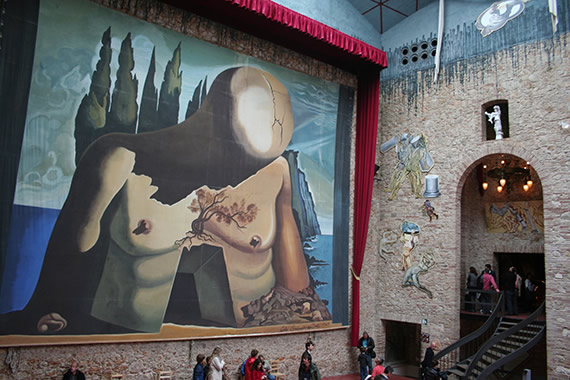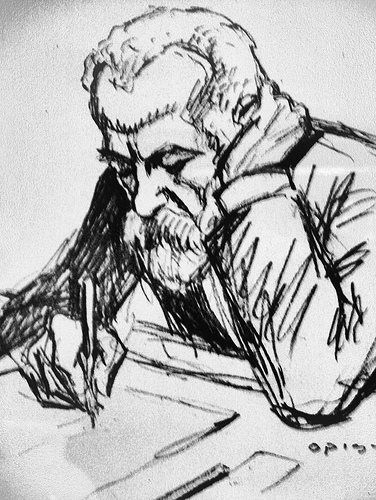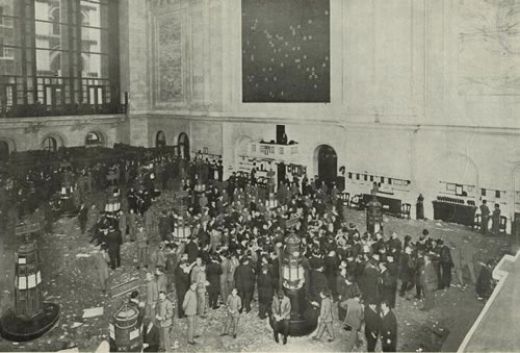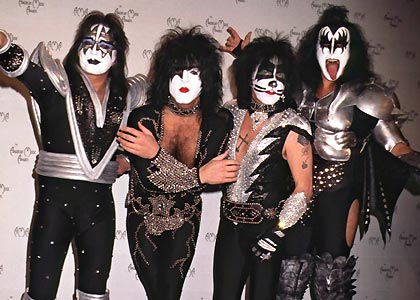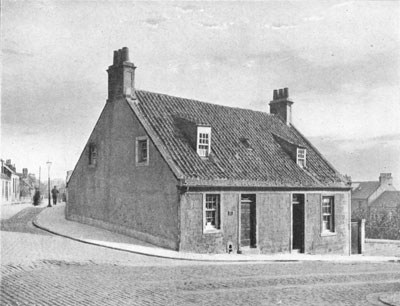We were walking down a small cobblestone street in Aix en Provence. It was a perfect June day – sunny and still warm in the late afternoon. The old, unpainted buildings had an amber glow.
Some of these buildings, we had learned from poking our heads inside, contained modest-sized apartments. Others enclosed elegant residences that only the wealthy could afford. From the outside, though, you couldn’t tell one from the other.
“That’s a good thing,” K said. “From the outside nobody can tell how much money you have.”
“It’s the opposite back home in Florida,” I said. “Wealthy people want everyone to know how much money they have. So they keep building bigger and bigger McMansions.”
“It’s just a question of values,” K said.
We stopped at a cafe about a block from our hotel. It was nearly filled with people having drinks and smoking, enjoying the end of their workday. A young girl stood under an oak tree playing Bach on a violin.
We ordered coffee. I wrote in my journal. K was reading a magazine.
“It says here you can survive without food for three weeks,” she said. “And three days without water. But only three minutes without oxygen.”
“Japanese pearl divers can stay under water a lot longer than that,” I said. “I think the world record is something like 19 minutes and 21 seconds.”
She shook her head, smiling. “You know what I mean. It’s a question of values. So much of our time is spent pursuing things that have questionable or temporary importance. But food… water… oxygen — what could be more important to human beings?”




